Aeroponics System: An Overview
The aeroponics system represents a cutting-edge approach to soilless cultivation, where plants are grown in an air or mist environment without the use of soil. This innovative farming technique falls under the broader category of hydroculture, which uses nutrient-rich water to sustain plant growth. Aeroponics is a subset of this category, distinguished by its method of delivering nutrients directly to the roots via a fine mist or aerosol.
Types and Applications of Aeroponic Systems
There are various types of aeroponic systems, each tailored to specific applications and scales of operation. The aeroponic tower garden is a popular variant, designed for vertical growth to maximize space efficiency, making it ideal for urban farming environments. Similarly, aeroponic vertical farms and DIY aeroponics systems are employed in both commercial agriculture and personal gardening spaces, demonstrating the versatility of aeroponics in different settings.
Components and Features
An aeroponics system typically comprises several components, including pumps, misters, and sometimes, advanced features like automated timers. The materials used in these systems, such as PE (polyethylene), ABS (acrylonitrile butadiene styrene), and PP (polypropylene), are selected for their durability and suitability for plant growth. Features such as full-spectrum lighting options can also be integrated to enhance plant development, catering to the needs of various plant species.
Advantages of Aeroponic Systems
The advantages of using an aeroponic growing system are manifold. These systems are known for promoting faster plant growth and higher yields compared to traditional farming methods. Additionally, they require less water, making them a sustainable choice for water conservation. The aeroponic and hydroponic systems share these benefits, as both utilize nutrient-rich solutions to feed plants, though aeroponics offers the added benefit of increased oxygen exposure to the roots.
Materials and Sustainability
Sustainability is a core aspect of aeroponics, with systems often constructed from recyclable materials. The aeroponic DIY approach allows for customization and adaptation to various environments, encouraging the reuse of materials and reducing waste. Furthermore, the closed-loop system of aeroponics minimizes nutrient runoff, making it an environmentally responsible farming method.
Choosing the Right Aeroponic System
Selecting the appropriate aeroponic system requires consideration of space, crop type, and the grower's technical expertise. Whether it is a vertical aeroponic tower for compact areas or a more expansive aeroponic farm, Alibaba.com offers a diverse range of options to suit different agricultural needs. It is essential to assess the specifications and features of each system to determine the best fit for the intended application.

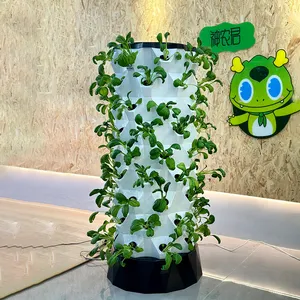




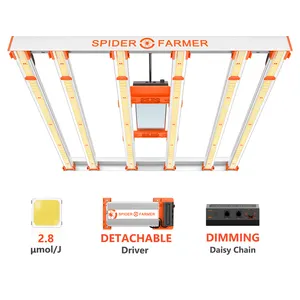

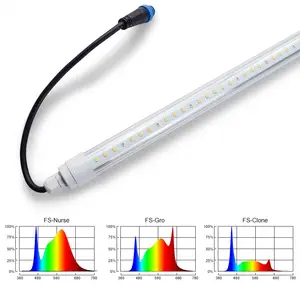

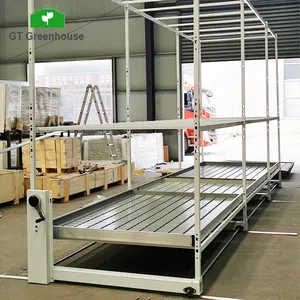






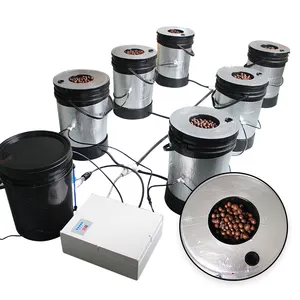




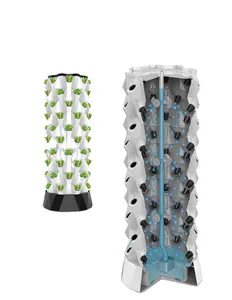








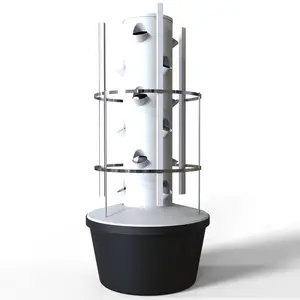

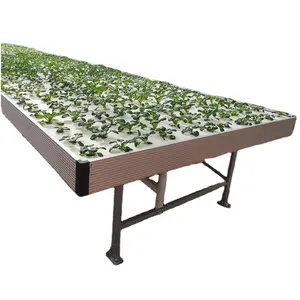


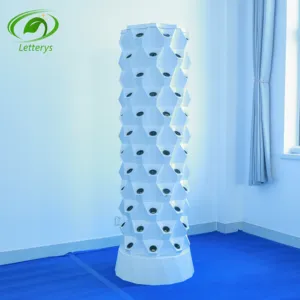






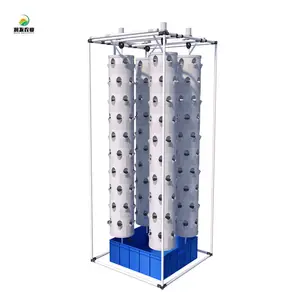

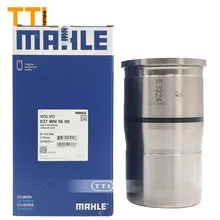

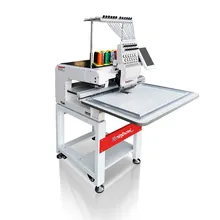

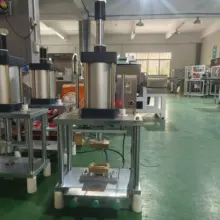

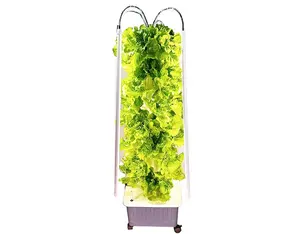

























 浙公网安备 33010002000092号
浙公网安备 33010002000092号 浙B2-20120091-4
浙B2-20120091-4